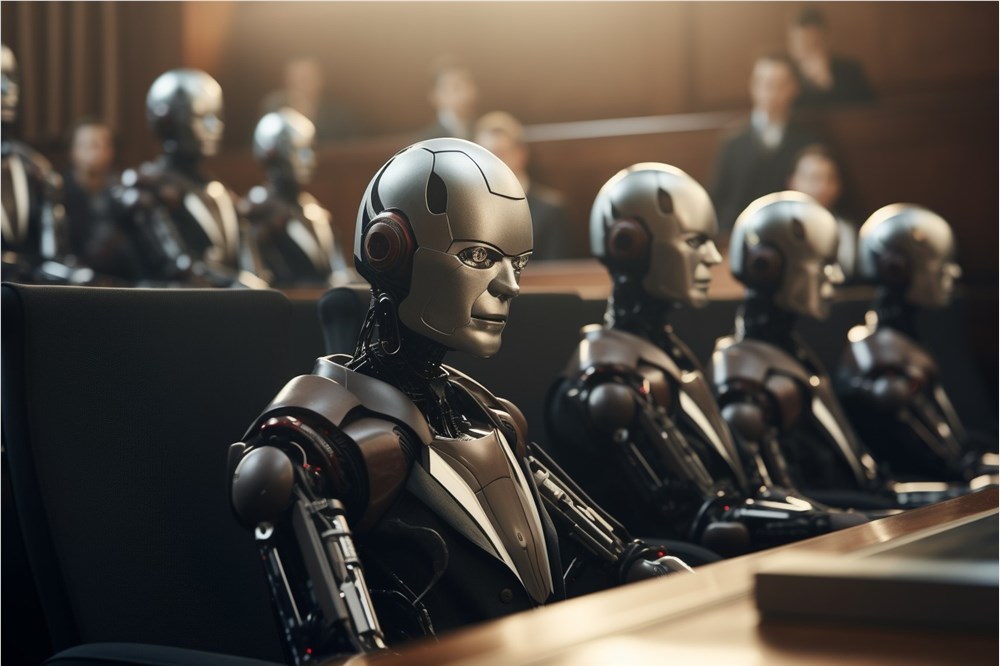In the tech startup world, saturated with "vibe coding" and hype, Cal AI and its 18-year-old founder, Zach Yadegari, stand out, presenting a surprisingly refreshing, old-school contrast. Incredibly, Yadegari and his co-founder, Henry Langmack, are recent high school graduates whose entrepreneurial journey has already become a case study.
According to Yadegari, Cal AI launched last May and, within eight months, has surpassed 5 million downloads. Even more impressive, user retention is over 30%, and the app generated over $2 million in revenue last month. While TechCrunch hasn't independently verified these figures, Cal AI boasts a 4.8-star average rating on the Apple App Store with over 66,000 reviews and over 1 million downloads on the Google Play Store, also with a 4.8-star rating from nearly 75,000 reviews.

Cal AI's core concept is simple and practical: users take a picture of their food, and the app analyzes and logs its calorie and macronutrient content. While not entirely novel—established apps like MyFitnessPal offer similar functionality, and newer competitors like SnapCalorie, created by a Google Lens founder, exist—Cal AI's unique advantage lies in its foundation within the era of large image models. It cleverly leverages advanced models like Anthropic, OpenAI, and RAG to improve accuracy, training on open-source food calorie and image databases from platforms like GitHub. Yadegari emphasizes, "We found different models perform better at identifying different foods."
To achieve high accuracy, Cal AI's founding team overcame challenges such as accurately identifying information on food packaging and mixed ingredients in bowls. They claim the app's recognition accuracy reaches 90%, sufficiently reliable for many health-conscious consumers.

Yadegari's early success propelled him into the spotlight. Unlike many young programmers who grew up with AI copilots, he mastered programming languages like Python and C# in middle school. He reveals that he founded his first company in ninth grade and sold it for $100,000 to a game company, FreezeNova, at age 16. He recalls that after the pandemic, schools provided students with Chromebooks, and students tried to play games on the school network. The school blocked these gaming websites, and Yadegari saw an opportunity, creating a platform that bypassed the blocks, cleverly naming it "Totally Science" to evade detection.
After selling his first company, Yadegari and Langmack started watching Y Combinator videos and actively engaged with programmer communities on X (formerly Twitter), searching for new entrepreneurial ideas. It was on X that he met Blake Anderson, who became Cal AI's co-founder. Anderson, now 24, previously gained attention for creating ChatGPT-based dating advice apps like RizzGPT and Umax.

The idea for Cal AI stemmed from Yadegari's own gym journey, aiming to "impress girls." He and Langmack then made another classic, pragmatic decision: they moved to San Francisco, lived in a hacker house, and fully dedicated themselves to developing the product prototype.
However, in this intensely entrepreneurial environment, Yadegari—whose parents are both lawyers—made a surprising choice. He found himself yearning for a college education, rather than becoming a typical Silicon Valley dropout. "Working 24/7, even sleeping on the floor one night, it was a very fun time, and I learned a lot," he recalls. "But I looked around, and we were surrounded by people in their 20s and 30s all day. I realized that if I didn't go to college, my life might just become like that."
Despite not yet deciding on a university, Yadegari and Langmack remain passionate about their company. Cal AI's team now includes another co-founder, 28-year-old COO Jack Castillo (responsible for influencer marketing), and eight full-time employees, encompassing developers, designers, and social media managers. Cal AI's success undoubtedly sets a new example for young entrepreneurs, proving that even in the rapidly changing tech landscape, old-school focus and robust technical skills can still yield remarkable achievements.










